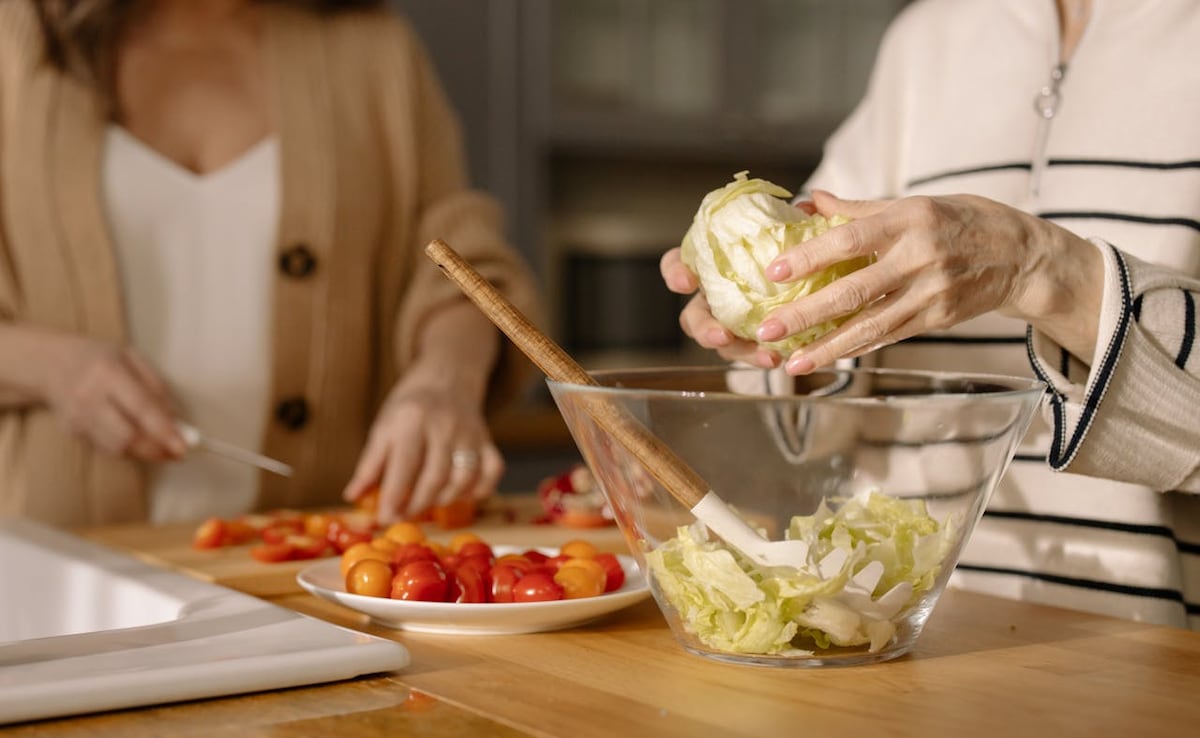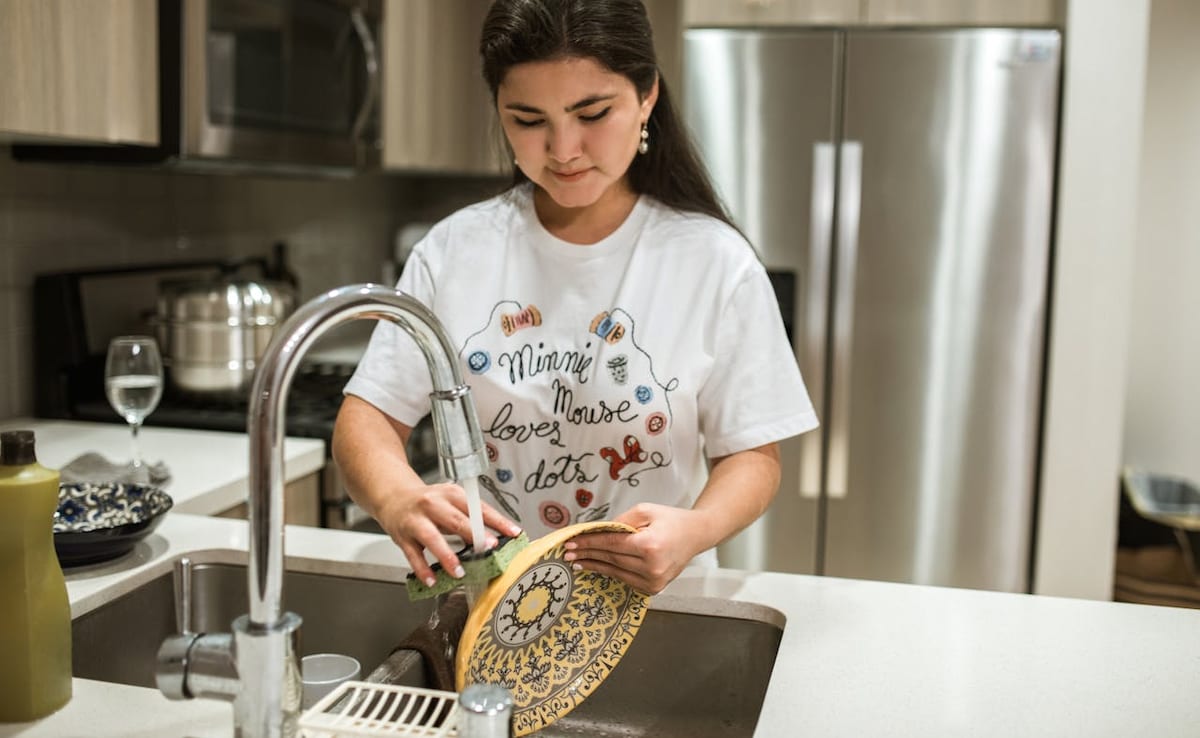
Most people associate urinary tract infections (UTIs) with questions of personal hygiene or bathroom cleanliness. But a recent study presented in Southern California has turned that assumption on its head, finding that up to 18% of UTIs may be linked to bacteria traced back to contaminated meat and poor food-handling practices in the kitchen. The culprit? Strains of Escherichia coli (E. coli) traditionally thought of in the context of diarrhoeal illness, now moving into the urinary tract via a surprising route: the food supply.
These findings matter especially for India, where UTIs are already highly prevalent. They shift part of the prevention focus away from the bathroom and towards the kitchen, emphasising that cross-contamination at home, raw meat handling, and inadequate cooking may be silent contributors. As we continue to advise fluid intake, bathroom hygiene and prompt medical care for UTIs, we now also need to talk about kitchen hygiene as UTI prevention.
The New Evidence Around UTI Causes - What The Research Shows
The study analysed more than 5,700 E. coli samples from UTI patients and compared their genetic fingerprints with those found in meat (turkey, chicken, pork, beef) bought from the same neighbourhoods between 2017 and 2021. Up to one in five of those UTI-causing strains matched the animal-derived ones.
Among the meats, poultry (especially turkey and chicken) showed the highest contamination. The study also noted that residents of low-income ZIP codes had a 60% higher risk of food-borne UTIs compared to more affluent areas.

Photo Credit: Pexels
How Food And Kitchen Hygiene Play A Part
Here's how the transmission likely works:
- Raw meat contaminated with UTI-capable E. coli sits on a chopping board or in a plastic package that leaks onto a countertop, next to fruit or vegetables.
- A hand touches the raw meat package, then touches spice containers or handles the fridge door.
- Surfaces, sponges and dish cloths become reservoirs for bacteria.
- Then someone handles their underwear or touches the genital area without cleaning hands.
- The bacteria travel into the urethra and bladder.
The study points out that cross-contamination in food preparation is far more important than previously recognised. Traditional prevention advice (drink more fluids, wipe front to back, void after intercourse) remains valid, but the kitchen is now in the spotlight too.
Why This Matters For India
In India, UTIs are among the most common bacterial infections, especially in women. While Indian-specific data on meat-linked UTIs are scarce, the global study gives reason to review kitchen practices here. With raw meat handling, unregulated cold chains, shared kitchen utensils and sponges commonly used across tasks, the potential for cross-contamination is high. Kitchen hygiene should now be part of UTI-prevention education in clinics and homes alike.

Photo Credit: Pexels
Practical Steps To Reduce UTI Risk
- Separate raw meat and ready-to-eat items - Use a dedicated cutting board for raw meat; don't reuse on vegetables without cleaning and sanitising.
- Wash, don't rinse, raw meat and spoilage water - Avoid splashing or spreading contaminated liquid.
- Handle sponges and dishcloths carefully - These often harbour bacteria. Use separate cloths for meat-prep zones, and replace or sanitise regularly.
- Don't neglect hand-washing - After meat handling, after touching handles/shelves where raw meats were kept, before touching your face or genitals.
- Cook thoroughly - Use a thermometer where possible, and follow safe internal temperature guidelines for poultry and meat.
- Clean surfaces immediately - Use hot soapy water followed by a disinfectant or bleach solution, especially on countertops and forks/knives.
- Be extra vigilant if you have recurring UTIs - Talk to your doctor about food-handling habits along with usual risk-factor review (e.g., diabetes, catheter use).
The kitchen may not be the first place you think about when it comes to urinary tract infections, but this study suggests it should be. Nearly one in five UTIs may stem from contaminated meat and poor food-handling practices, making cross-contamination a hidden but significant risk factor. Alongside the usual advice like staying hydrated, wiping properly, finishing antibiotic courses, paying attention to how you handle, store and prepare food at home can be a game-changer for UTI prevention.
If you are prone to recurrent UTIs, don't just look at toilets and bathrooms. Look at your chopping board and sponge too. Clean surfaces, separate raw meat, and wash hands: a few smart habits can reduce your chances of becoming part of that "one in five".
Disclaimer: This content including advice provides generic information only. It is in no way a substitute for a qualified medical opinion. Always consult a specialist or your doctor for more information. NDTV does not claim responsibility for this information.
Track Latest News Live on NDTV.com and get news updates from India and around the world

